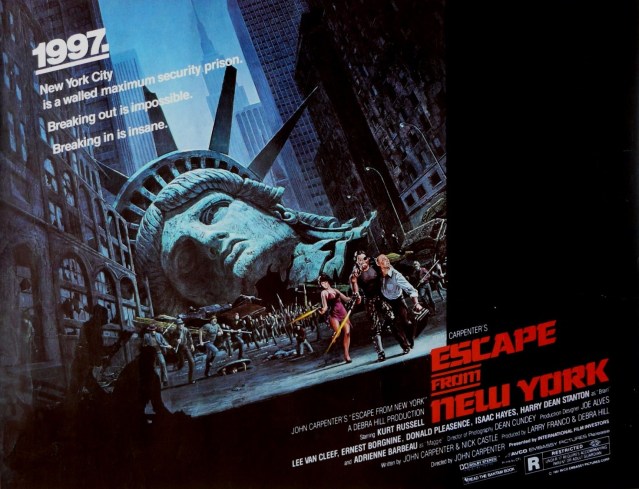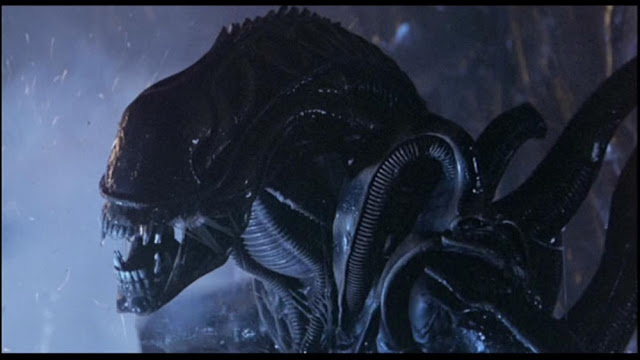The Day of Wreckoning
Four hours out of Chicago, somewhere over the Nevada desert, the mother of all lightning bolts struck the engine on the right wing and it went dead. The fear of death gripped our private airplane like a hand clutching a gemstone in rictus. Dave was on the floor in the back, inspired. It was rumored that Dave was Jimi Hendrix’s grandson. He might have been. He was found in a big plastic trash can, floating down the Mississippi River, three months old. He was raised in an orphanage until the age of twelve when he walked out the front door, following the sound of a traveling band. He played guitar all night and slept all day. Three years later he was gigging. In the belly of the storm, guitar in hand, “Are you hearing this? We should have died years ago! The sound of fear! Death sounds, man! It’s groovy!” Dave was the inspiration for the name of the band, Atomic Rocket. His guitar playing was so edgy, so fierce, that rock ‘n roll journalists started describing his playing like the sound of atomic fusion. Before that, we had called ourselves Moebius Strip Club. I liked the first name better, but people responded to Atomic Rocket. Record sales improved.



